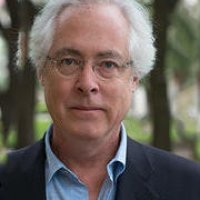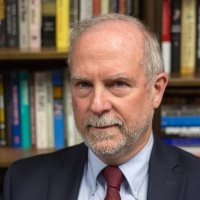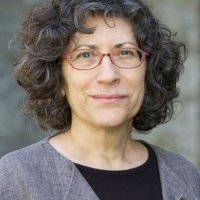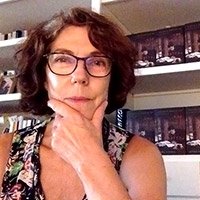The Free World: Art and Thought in the Cold War
The Free World is a cultural history of the early Cold War period, from the end of the Second World War to American military intervention in Vietnam. It covers literature, cinema, music, and the arts, both commercial and avant-garde, in the context of geopolitical developments and intellectual history. It emphasizes the international dimension of cultural exchange and the role economic and technological factors in determining what gets produced and how if is received.
Louis Menand is Lee Simpkins Family Professor of Arts and Sciences and Anne T. and Robert M. Bass Professor of English at Harvard and a staff writer for The New Yorker. His books include The Metaphysical Club, which won the Pulitzer Prize for History in 2002 and the Francis Parkman Prize from the Society of American Historians. In 2016, he was awarded the National Humanities Medal by President Barack Obama.
The Washington History Seminar is co-chaired by Eric Arnesen (George Washington University and the National History Center) and Christian Ostermann (Woodrow Wilson Center) and is organized jointly by the National History Center of the American Historical Association and the Woodrow Wilson Center's History and Public Policy Program. It meets weekly during the academic year. The seminar thanks its anonymous individual donors and institutional partners (the George Washington University History Department and the Lepage Center for History in the Public Interest) for their continued support.
Speaker

Moderators


Professor of History, The George Washington University. Director, National History Center of the American Historical Association.
Panelists


Hosted By

History and Public Policy Program
A leader in making key foreign policy records accessible and fostering informed scholarship, analysis, and discussion on international affairs, past and present. Read more
